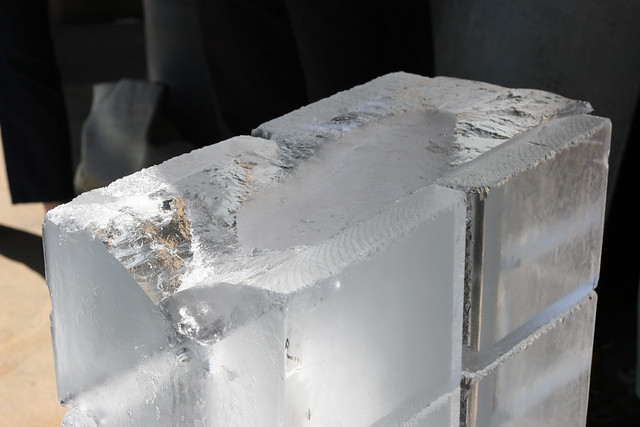No more nights in the hospital
كلكم من آدم و آدم من تراب
Kulkum min Adam wa Adam min turaab
All of you are from Adam, and Adam is made of earth
Yesterday there was a bombing in a mosque in Damascus. Sheikh Booti was killed after prayers by a suicide bomber who took around forty others with him. The head of the SCI house spat on the floor, cheering the death of this hated supporter of the regime. He's ecstatic and sees the fact that the bombing was in a mosque, or that it took forty others with him, as necessary evils for a greater good. For emphasis he added "Allah MA yrhamu" - may God NOT have mercy on him.
He tells us this as we're on our way to a funeral for Abu Hussein, the patient I took to the hospital one night a few weeks ago. A man who was shot on the outskirts of Damascus, paralyzed, and slowly deteriorated over two months until he passed away. Another casualty of this war. But Abu Hussein didn't die in a mosque, he died in a hospital, after multiple avoidable complications. Allah yrhamu.
Dr. B and I heard the news after a long day in Za'atari where a patient told me she was going back to Syria that afternoon. I asked about security and why she was going back. "Sooriya ahla" she said - Syria is more beautiful.
We stood on the main street watching kids throw rocks and kicked ourselves. We admitted Abu Hussein to the hospital and visited him once but figured, hey, he's in the hospital, they're taking care of him. What could go wrong.
We admitted him for his breathing, but he had been having diarrhea for weeks before arriving in Amman. While being treated for presumptive pneumonia his diarrhea resolved. But he was not on a bowel regimen, and paralyzed people can often have difficulty moving their bowels. I hear that he had eight days of constipation before he developed a small bowel obstruction. He was taken to surgery and did not do well. After two days in the ICU, he passed away.
We then stood in the cemetery, among the men who arrived in cars with Syrian plates, placing Abu Hussein in his concrete sarcophagus. Concrete slabs wedged over the box and sealed with mud clumps hurled with a thud.
If Adam is made of earth, he seemed angry today. A sunny morning turned into a dust storm that seemed intent on burying us all. The pale orange horizon consumed the mountains in the distance. The dust storm met the funeral procession as we walked into the wind.
Being buried in a strange land means no one knows you're the brother. It means you don't know where you need to be during certain times for certain rituals. But I recognized him by his hands. They're disproportionately large and today he struggled more than usual with where to put them. I love his Arabic. Long, drawn out vowels and his slow speech, like he's ordering a delicacy in a southern restaurant, make him simple to understand.
He recognized us and we hugged; his beard had grown longer but didn't hide his sadness or the clear disorientation. He was late to the line where everyone passes to shake hands. I wanted to ask how did things get so bad so that Abu Hussein passed so quickly. Ask why he didn't call us sooner. When I shook his hand all I could say was Allah yrhamu. He is a martyr now. Insha'allah he said, his eyes full of tears that the orange dust smeared and pasted down his nose.
A man from Abu Hussein's home town said that as the situation deteriorated he told Abu Hussein he was going to get Abu M and me. He died two hours later. He wanted us to know Abu Hussein died thinking we were on our way to see him.
The attendees disbursed with the wind. Abu M and Dr B recited the Sura Ya Sin over the mound marking Abu Hussein's body and we walked back to the car. On the way we passed by the next wave of graves, the cementery:










.JPG)
